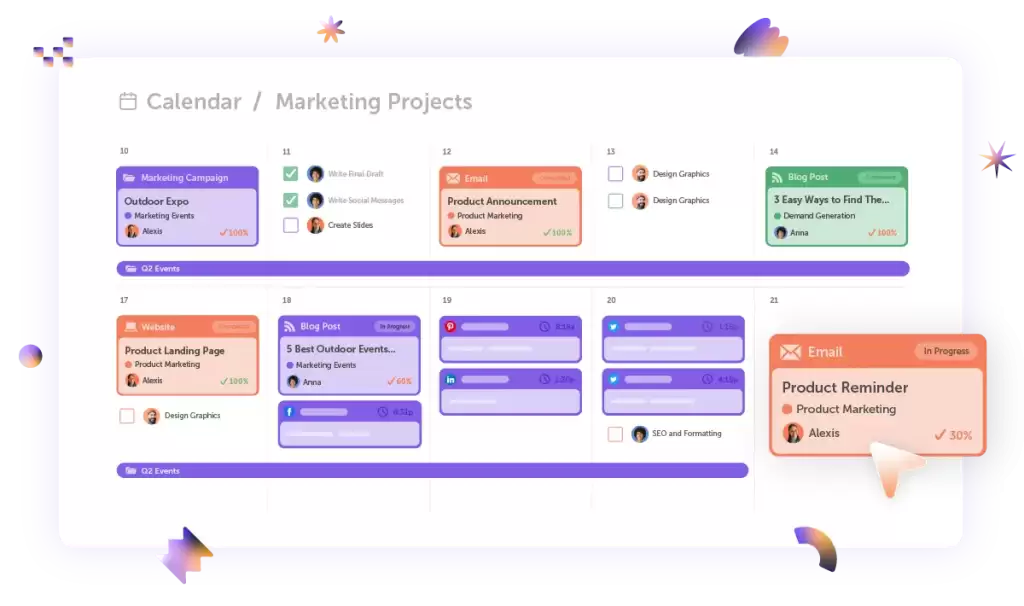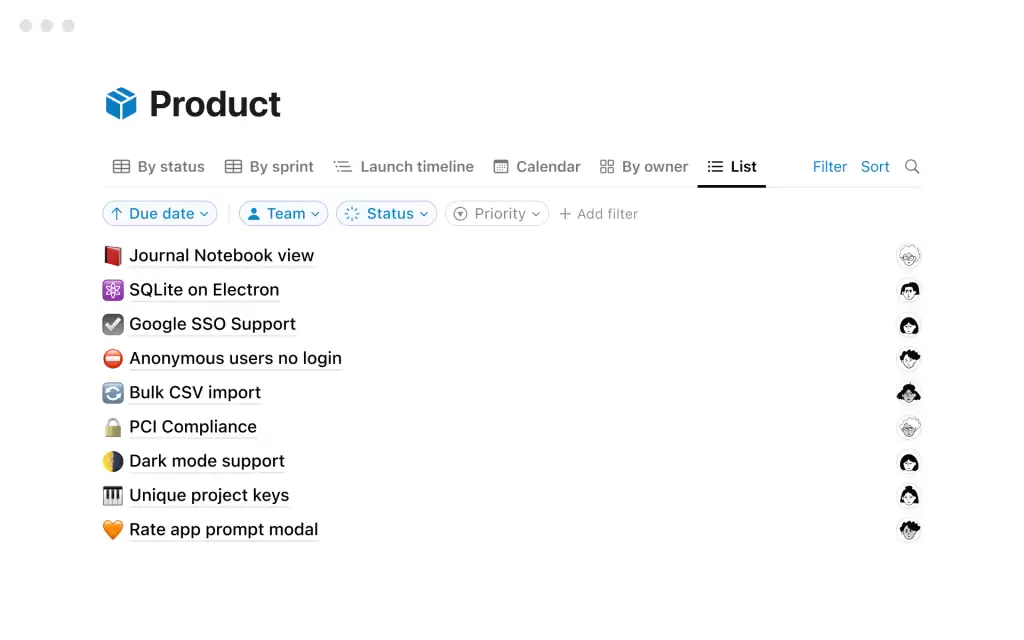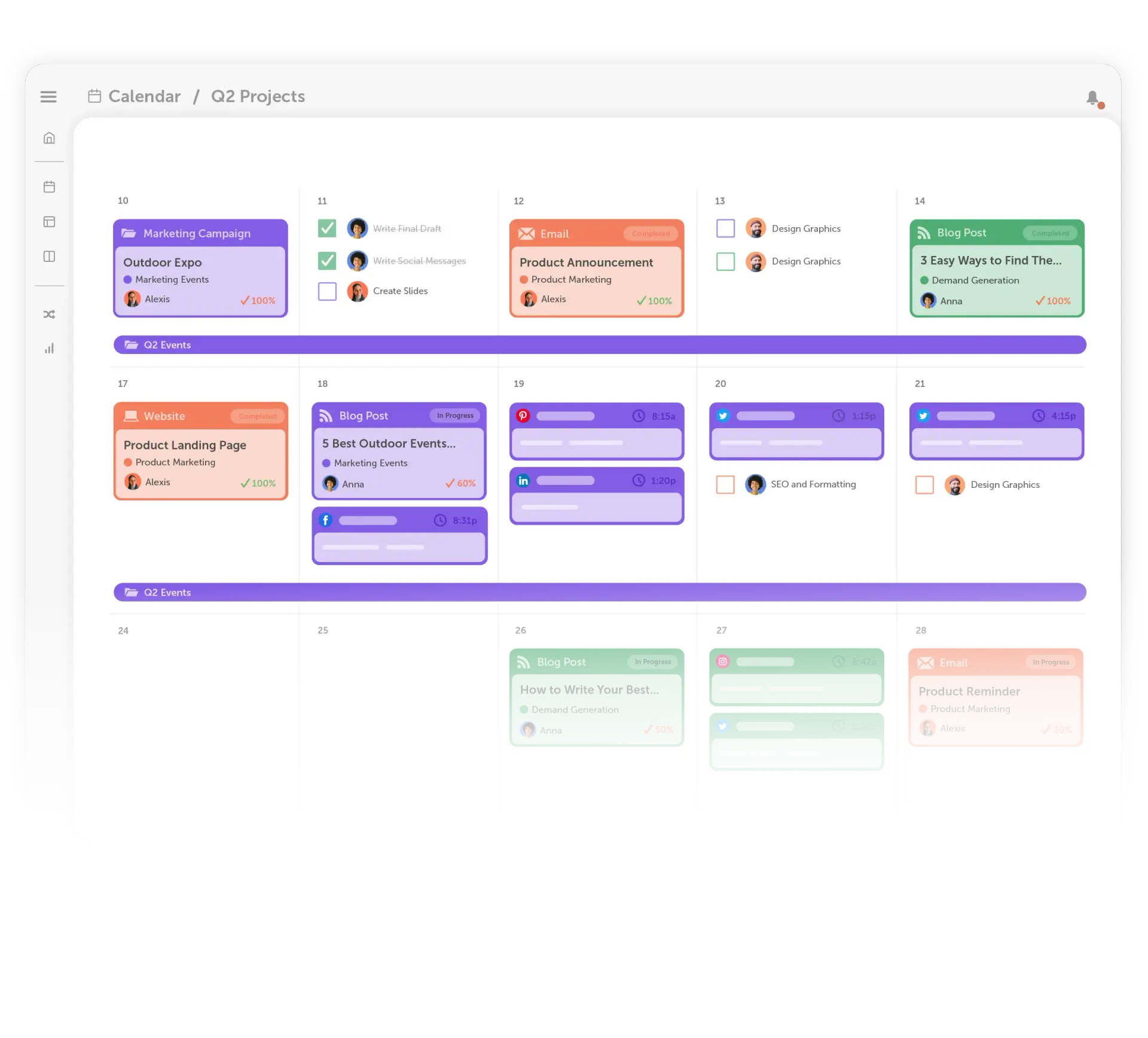Introduction
Running an online business requires a steady stream of high-quality content to engage your audience and drive traffic. An effective content calendar is essential for staying organized and maintaining consistency. In this article, we’ll walk you through the steps to create a content calendar that will keep your online business on track and your audience engaged.
1. Why You Need a Content Calendar
Consistency is key in online business. A content calendar helps you plan and schedule your content, ensuring you always have fresh and engaging material for your audience. It also helps you balance different types of content and avoid last-minute scrambles.
2. Setting Goals for Your Content
Before you start planning your calendar, define your content goals. Are you aiming to increase website traffic, boost social media engagement, or generate more leads? Clear goals will guide your content strategy and help you measure success.
3. Identifying Your Audience
Knowing your audience is crucial for creating relevant content. Research your audience’s demographics, interests, and pain points. This information will help you tailor your content to meet their needs and preferences.
4. Choosing the Right Tools
There are many tools available to help you create and manage your content calendar. Here are some of the best tools and how to use them effectively:
Google Calendar:
A simple, free tool that’s great for basic content scheduling. Use it to create events for each piece of content, set reminders, and share your calendar with team members.
Trello:
Trello is a visual project management tool that uses boards, lists, and cards. Create a board for your content calendar, with lists for each month and cards for individual pieces of content. Use labels, due dates, and checklists to keep everything organized.
Asana:
A robust project management tool that’s perfect for larger teams. Use Asana to create projects for your content calendar, assign tasks to team members, set deadlines, and track progress with visual timelines.
CoSchedule:

A dedicated content calendar tool designed specifically for marketers. CoSchedule integrates with WordPress and social media platforms, making it easy to plan, create, and publish content. Use its drag-and-drop interface to schedule posts and monitor performance analytics.
Notion:

An all-in-one workspace that can be customized to fit your content planning needs. Create a database for your content calendar, with properties for content type, status, publication date, and more. Use Notion’s templates to streamline your workflow.
5. Planning Your Content Topics
Brainstorm content ideas that align with your goals and audience interests. Consider a mix of blog posts, social media updates, videos, infographics, and other formats. Look at industry trends, seasonal themes, and common questions from your audience for inspiration.
6. Scheduling Your Content
Map out your content on a monthly or weekly basis. Assign specific dates for each piece of content and make sure to account for any special events, holidays, or promotions. Consistent scheduling helps keep your audience engaged and returning for more.
7. Creating a Workflow
Establish a workflow for content creation, including research, writing, editing, and publishing. Assign tasks to team members if applicable and set deadlines to ensure everything runs smoothly. A well-defined process saves time and reduces stress.
8. Reviewing and Adjusting Your Calendar
Regularly review your content calendar to see what’s working and what’s not. Be flexible and willing to adjust your plan based on performance metrics and feedback. Continuous improvement will help you stay relevant and effective.
Conclusion:
A well-organized content calendar is a powerful tool for any online business. It helps you stay consistent, engage your audience, and achieve your business goals. By following these steps and utilizing the right tools, you can create an effective content calendar that keeps your content strategy on track and your audience coming back for more.
For more tips like these please visit the section on marketing.
This article may include links for which Unique Amaze or the author could earn a commission if users make a purchase.


